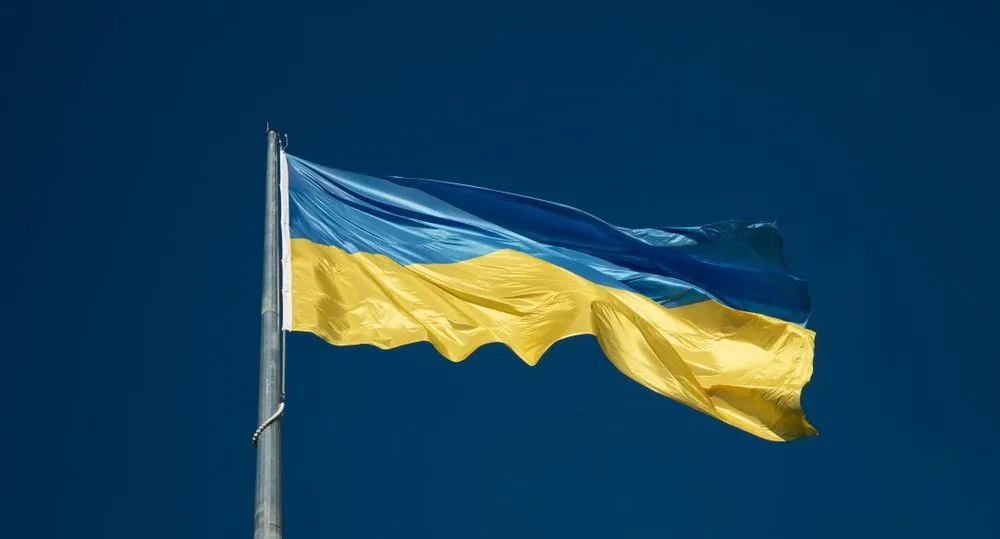Russia reroutes internet in occupied Ukrainian territory through Russian telcos
After knocking out the internet service in Kherson, Ukraine, this weekend, Russian forces reinstated service but routed it through Russia’s network instead of Ukrainian telecommunications infrastructure.
Ukrainian officials and internet access monitor Netblocks said there was a near-total internet blackout across Kherson on Saturday, knocking out the connectivity of Ukrainian providers like Ukrtelecom, Kyivstar and Volia.
Confirmed: Metrics indicate that internet connectivity on provider Skynet (Khersontelecom) in Russian-occupied Kherson, south Ukraine, has been partially restored and rerouted via Russia's Rostelecom instead of Ukrainian infrastructure.
— NetBlocks (@netblocks) May 1, 2022
Background: https://t.co/S0qJQ7CbNv pic.twitter.com/WhlSNODuqw
The State Service of Special Communications and Information Protection of Ukraine (SSSCIP) said the disconnection was “caused by line breakages at fiber optic backbones and by a power outage with service operators’ equipment in these regions.”
Service returned on Sunday but connectivity through regional Ukrainian provider Skynet (Khersontelecom) is now being routed through Russia's Miranda and Rostelecom networks.
Kherson was the first major Ukrainian city taken by Russian forces after the invasion began in February.
The SSSCIP said that in addition to Kherson, parts of Zaporizhzhia were also affected by the switch.
The goal was to make Russia’s “false propaganda an uncontested source of information,” according to the SSSCIP, which added that Russian forces also wanted to show some signs of success in the conflict by creating “people’s republics” in occupied territory.
“No wonder that right after communication was disabled, the enemy media started to spread fake news saying that it was the Ukrainian Government that ordered to shut the connection off. This is a lie, because we have always stood for maximum access to any means of communication for all Ukrainians,” the SSSCIP said.
Disabling Ukrainian communications is part of Russia's effort "to make at least an appearance of a new quasi-state" in the occupied areas to show Russians that the Kremlin is making progress in the war. The United Kingdom’s Ministry of Defense said on Sunday that Russia was attempting to legitimize its control of Kherson by installing Russian government officials in power and switching the local currency from the Ukrainian hryvnia to the Russian rouble.
The SSSCIP noted that Russian forces have disabled terrestrial broadcasting, telecommunication and the internet but told those who are still in Kherson to use radios “on the medium waveband (1278, 1404, 873, 657 kHz).”
Doug Madory, director of Internet Analysis at network observability company Kentik, explained on Twitter that Khersontelecom service was restored “via Russian transit from nearby Crimea.”
He added that Russian forces did something similar after capturing Crimea, Donetsk and Luhansk in 2014.
Ihor Kolykhaiev, the former Ukrainian mayor of Kherson, told the BBC that about 40% of the city’s population has fled since the Russian takeover in March.
Multiple news outlets said Russia plans to hold a referendum in the region to certify its rule of the area.
"I am afraid of a humanitarian catastrophe. I am worried for the people who are still in the city today. They are all hostages,” Kolykhaiev told the BBC.
Jonathan Greig
is a Breaking News Reporter at Recorded Future News. Jonathan has worked across the globe as a journalist since 2014. Before moving back to New York City, he worked for news outlets in South Africa, Jordan and Cambodia. He previously covered cybersecurity at ZDNet and TechRepublic.



